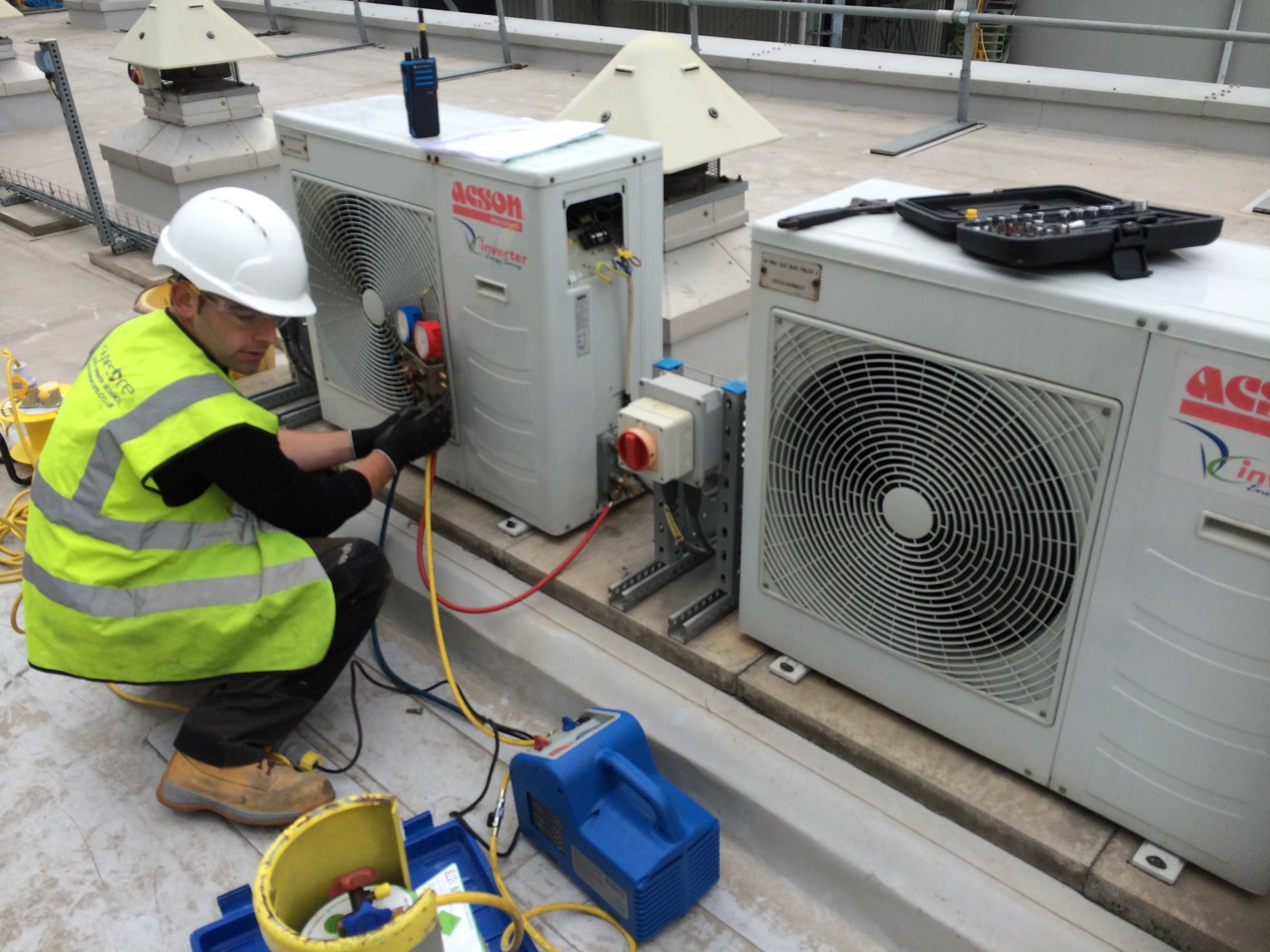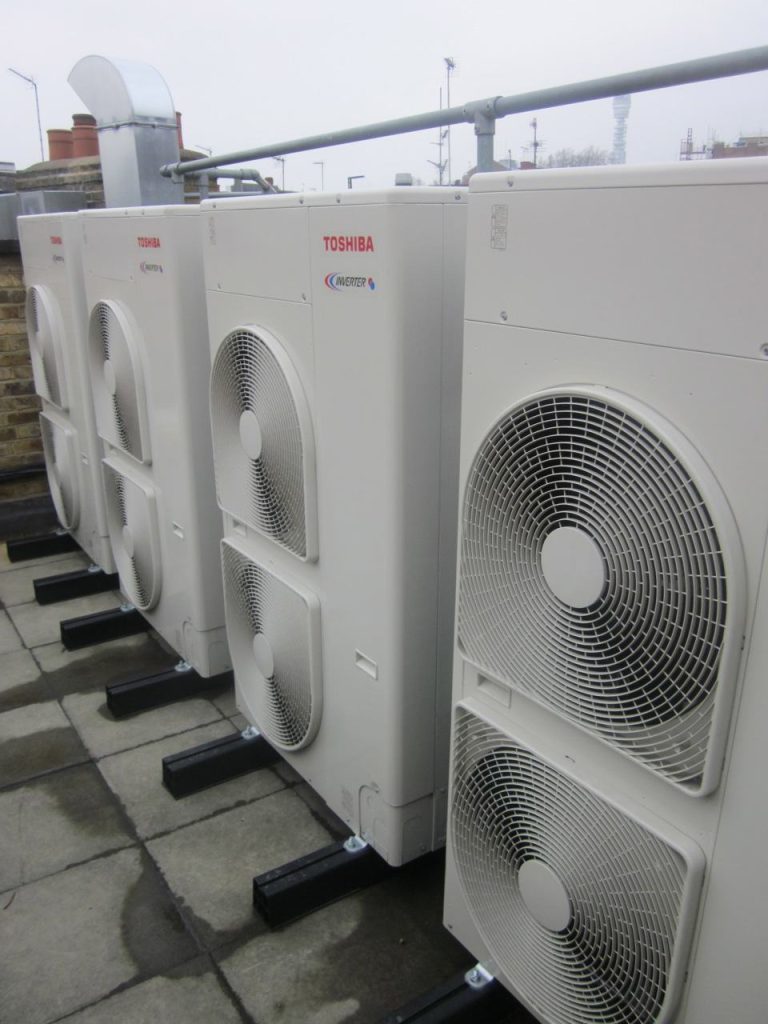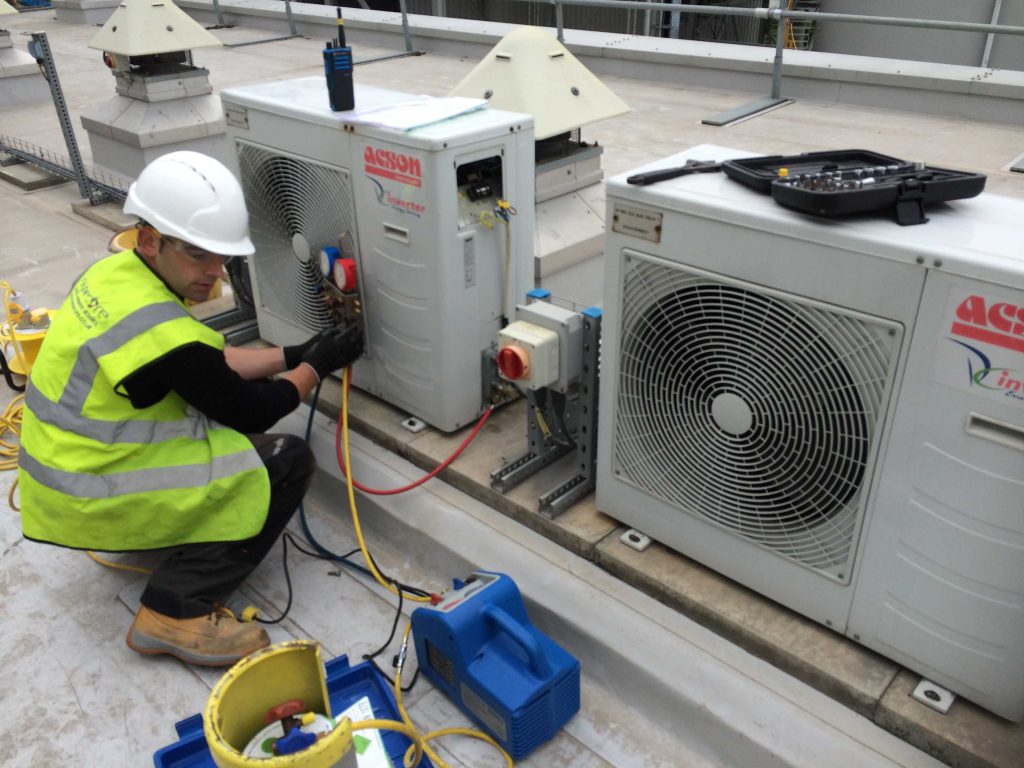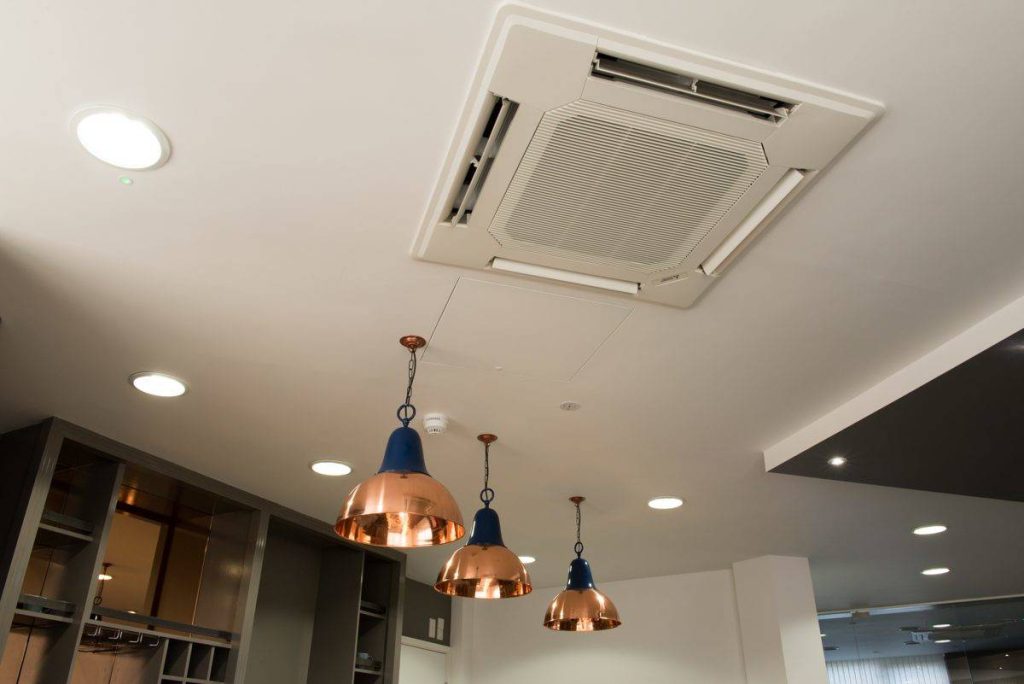Mechanical and Electrical Engineers – M&E Contractors

Estimated reading time 6 minutes
There’s often some confusion around what the difference is between a mechanical engineer and electrical engineer and what they do. This article looks at what mechanical and electrical engineering contractors (often shortened to M&E contractors) do.
Electrical and mechanical engineering are similar fields but there are differences. Very often both sets of skills come together to fulfil projects.
What Is An Electrical Engineer?
The word engineer (Latin ingeniator) is derived from the Latin words ingeniare (“to create, generate, contrive, devise“) and ingenium (“cleverness“).
According to Wikipedia electrical engineering is “an engineering discipline concerned with the study, design, and application of equipment, devices, and systems which use electricity, electronics, and electromagnetism.” It goes onto say that electrical engineering is utilised in a wide range of different fields many of which overlap with other engineering branches.
Electrical engineers work across many industrial sectors including power and energy, construction, transport, telecommunications, electronics, microelectronics and nanoelectronics; instrumentation, building services and manufacturing.
The responsibilities of an electrical engineer will depend on the job they are doing and vary greatly but include liaising with clients to understand their project’s requirements; researching solutions, performing feasibility studies, using engineering software to produce computer aided designs (CAD) drawings, designing, implementing, improving, testing and maintaining electrical systems and products as well as being able to read design specifications and technical drawings.
Responsibilities can also include establishing manufacturing and installation standards; ensuring the manufacture, day to day operation and maintenance of an electrical system meets the design and operational specifications; overseeing quality assurance of projects, implementing control systems to monitor an electrical systems performance and safety with a view to improving design and performance; preparing product documentation and providing costs, estimates and delivery timelines.
What Is A Mechanical Engineer?
In the case of mechanical engineering Wikipedia states that it “is an engineering branch that combines engineering physics and mathematics principles with materials science, to design, analyse, manufacture, and maintain mechanical systems.” It further states that “the mechanical engineering field requires an understanding of core areas including mechanics, dynamics, thermodynamics, materials science, structural analysis, and electricity.”
Mechanical engineers work within any industry which utilises machinery including the computer manufacture, automotive industry, construction, electronics, transportation, robotics, medicine and military and are responsible for the design, production, and operation of machinery including refrigerators, medical equipment, airplane engines, elevators, conveyer systems and heating, ventilation and air conditioning systems.
Just like electrical engineers mechanical engineers use CAD software to produce drawings, as well as computer-aided engineering (CAE) to aid in engineering analysis tasks and computer-aided manufacturing (CAM), also known as computer-aided modelling or computer-aided machining to automate manufacturing processes.
A mechanical engineer is expected to carry out surveys to determine a client’s requirements, design machinery to meet those requirements, develop technical plans and technical documents; produce CAD drawings, carry out surveys, testing and assessments on how machinery is performing and oversee quality control of any equipment.
Succeeding As A M&E Engineer
Mechanical and electrical engineers need to have a variety of skills to be successful. These include:
An attention to detail. Given the nature of the work of a mechanical and electrical engineer attention to detail is vital. Any profession which involves electricity, electronics or machinery must ensure accuracy. It’s important that any issues are discovered before they become a problem which could lead to health and safety issues.
Problem solving. A major part of an electrical and mechanical engineers’ role is problem solving. Engineers regularly encounter problems when designing, installing, and maintaining any machinery. Engineers need to be able to think critically about the systems they are servicing and maintaining. They need to be able to visualise the system in its individual parts and as a whole to be able to narrow down where problems are occurring and to go on to find solutions.
Analytical thinking. In order to be able to design systems and to investigate them when they go wrong an engineer needs analytical thinking skills. In the design process they need to understand what a customer needs and be able to think through the best way to achieve the design of a system or machine. They also need to be constantly assessing current products and how to make key improvements to make them more effective and efficient.
Curiosity and Innovation. An engineer needs to be curious about how things work and to understand them so that they can make them better. Their curiosity also drives innovation. In designing and developing new products or upgrading existing products, electrical engineers need to be creative and be able to think about problems in new ways.
Seeks to improve. Engineering is a fast-moving field where technology, best practice and customer requirements change and as a consequence engineers also need to be willing to adapt and continually learn new skillsets.
Embrace change. As discussed above engineering doesn’t stand still, so it’s important for an electrical and mechanical engineer to be open to change. To be successful they must embrace new ways of thinking. Just because something has been done in a certain way before doesn’t mean that it can’t be adapted, changed, and improved in the future.
Communication skills. As engineers work with clients and as part of teams, communication is key to being successful. Being able to communicate how a design will meet a projects requirements, how it will meet the clients needs, how it can be installed and maintained may make or break a project.
Documenting work. Document management is a vital part of every engineer’s work. Engineering works must be able to be scrutinised and subjected to analysis and review Without the ability to track a project and have clear and concise documentation there would be no way to ensure there were no issues or errors that could cause problems and faults on implementation.
What’s the Best Field For a M&E Contractor?
Of course we may be biased but we believe that one, if not the best field that a mechanical and electrical engineer can get into is the design, implementation and maintenance of Heating Ventilation and Air Conditioning (HVAC) systems.
As an HVAC engineer your duties are varied, interesting, challenging and include:
- Talking to clients to ascertain their HVAC requirements.
- Surveying sites.
- Designing and planning the placement of control panels, pipes and ductwork.
- Fitting heating, ventilation and air conditioning systems.
- Installing HVAC components.
- Performing quality checks to ensure systems are working efficiently and safely.
- Carrying out maintenance on HVAC systems.
- Finding and fixing faults.
- Advising and helping customers to reduce their energy use.
- Ensuring clients remain compliant.
- Keeping clear and up to date documentation.
Synecore For M&E Contractors For Air Conditioning and HVAC Maintenance
Synecore are M&E contractors and approved installers of the industry’s leading air conditioning and commercial refrigeration. We operate throughout Kent, London and the UK.
If you’re looking to install new air conditioning or commercial refrigeration or to setup a maintenance contract, contact our team or call on 01795 509 509. We’ll talk you through your options and provide you with expert advice for your business.



